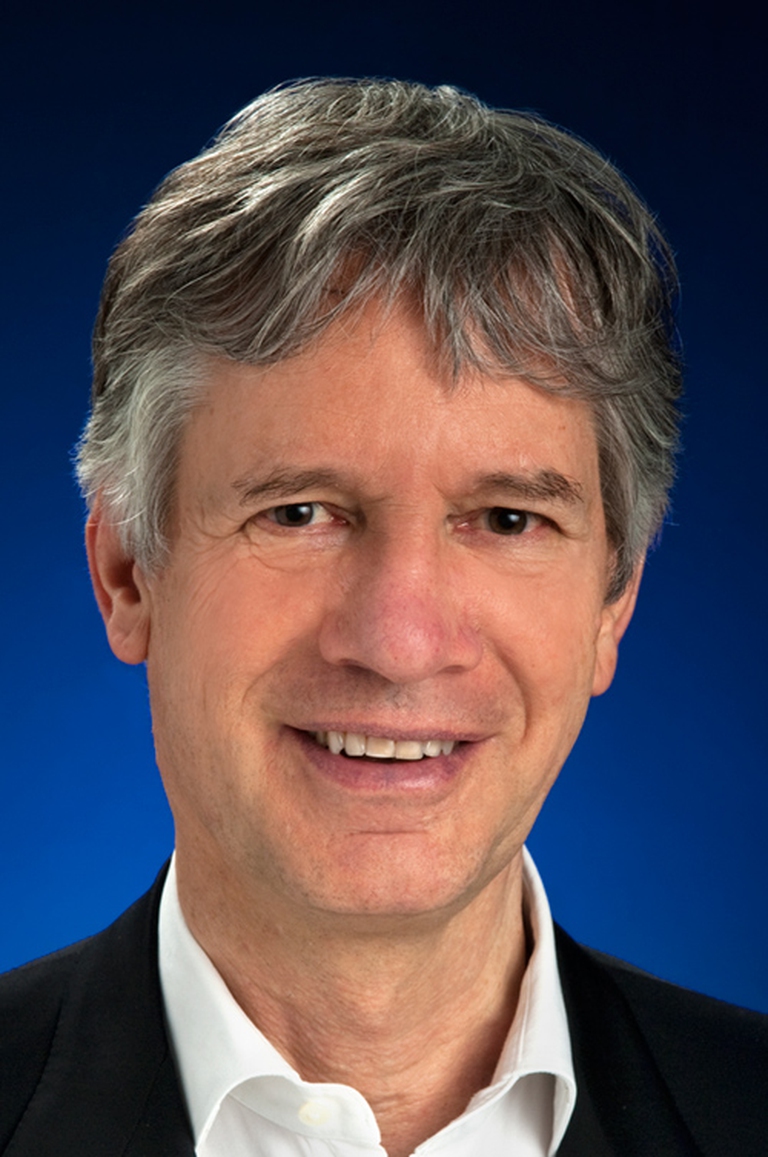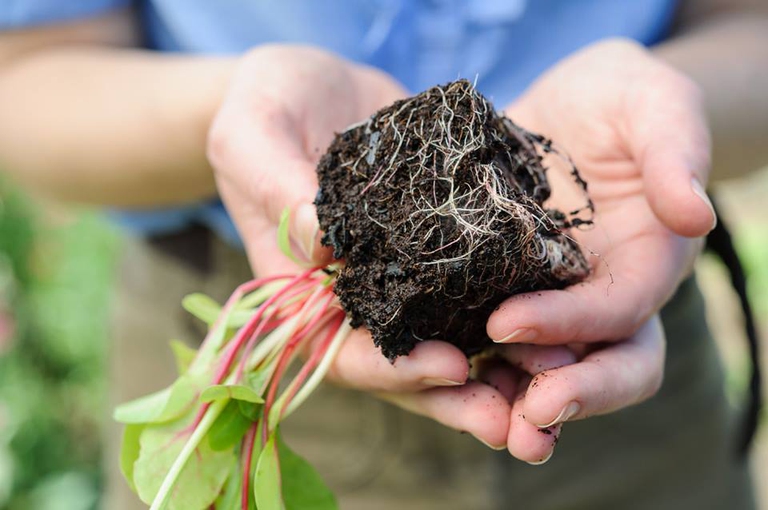
At the dawn of a new era, women in Japan still face old challenges: they’re paid less than men and struggle to scale the professional ladder. How can the impasse be broken?
We can learn a lot from philanthropists and families investing their money for the future of all of us. We talk about this with Gamil de Chadarevian, founder of GIST Initiatives.
People who have some money saved – especially if large amounts – now have a great opportunity: to use these funds responsibly with regards to the future of the planet and the generations to come. This is the idea underlying Investing for Global Impact research, conducted in collaboration with the Financial Times and Barclays, with the aim of assessing the choices made by foundations, family offices and privates, as well as highlighting the bravest and most visionary experiences. While working on the launch of the fifth edition, we talked to Gamil de Chadarevian, founder of GIST Initiatives (Global Impact Solutions Today).
You’re working to involve foundations and family offices in the new edition of your research. How do you contact them?
We posted the announcement on our website and the survey has been open since October. We joined a conference in London, UK on the 20th of September and for the next one, in which LifeGate will take part, we’re working to have international guests present. In the meantime, along with Barclays and the Financial Times, we’re sharing the invitation to the fifth edition through our network. “Multipliers” play a crucial role here: they’re single family offices that become ambassadors of the research and invite others. Last year 246 foundations and family offices participated in the survey. This year’s aim is 400.
The survey for the 5th edition of Investing for Global Impact
How did you end up working in the fields of philanthropy and impact investing?
I started off in the banking sector in Switzerland, I lived in the Middle East and in the Philippines, and I worked in Italy as a consultant. After that, I worked with a number of pharmaceutical companies and I founded some companies in the field of biotechnology. Thanks to a truly special mentor who trained me in medicine I dealt with immune-oncology and the first therapeutic vaccines against cancer, which no one was talking about twenty years ago. Even at that time I preferred family funders because I didn’t want them to merely sign a cheque, as I was looking for someone with a real interest in research and healthcare. My interest in the world of philanthropy and impact investing cemented itself about ten years ago, with a conference I organised in Lugano, Switzerland. This is when the path towards GIST Initiatives began.

In addition to the Investing for Global Impact report, what is GIST about?
GIST is a think tank that deals with research and consultancy activites for families, family offices and foundations. We don’t manage funds; we do research and consultancy by offering solutions. So we aren’t directly involved in family’s investment decisions. In parallel, with our profits we make pilot investments, which is a topic I’m interested in and passionate about. It’s about investing small amounts of money that, however, can make a big difference.
Can you give us an example?
Healthcare and the food industry are the fields I’m interested in the most. A company we’ve invested in is KuanZa, which helps small-scale African farmers bring their products to Western markets. Through the brand MIA – Food with Thought they’ll bring chocolate from Madagascar to the United Kingdom, Germany and the Netherlands in November. It’s a wonderful project that supports farmers in the supply chain and can help mitigate migratory flows by creating economic opportunities in origin countries.
Another company we’re collaborating with and we’re about to invest in is Carbon Gold. It aims to introduce biochar into African agriculture. Biochar is an agricultural charcoal produced through pyrolysis, an organic, natural fertiliser with incredible properties because it enhances crops’ and plants’ resistance and reduces the amount of water needed. And we know how important water is.
So you invest your money in companies of this kind and encourage families to make similar choices?
Exactly. Think of a wealthy family investing in KuanZa or similar companies and going to Madagascar the year after to see cocoa plantations and offer the chocolate to others. Direct involvement is what makes a difference.
We conducted another experiment with a famous Italian restaurant in France. We asked each client to add a minimum sum of 2 euros to their bill, to be destined to social impact initiatives. We made two promises: that we would send a report every six months to explain what was being done with the money, and that the restaurant would donate the same amount. This idea was so successful that we’ll develop it over the next months.
In philanthropy you make donations, while impact investing also aims to generate profit. How do you choose which path to take?
In philanthropy money inevitably has a shorter timeline. Instead, when investing I hope to have a return from that money and that I’ll have the possibility of reinvesting it in the future. We’re not saying philanthropy is coming to an end because sometimes it’s the only instrument possible. Just think of emergencies, natural disasters, startups and educational projects in developing countries.
There’s no longer a clear distinction between foundations and investors. Both categories can choose between philanthropy and impact investing depending on the circumstances. These two worlds mutually reinforce each other, and this is amazing.
Read more: Janine Händel and the Roger Federer Foundation. To us, philanthropy requires professionalism
What are the most important issues?
Food, healthcare and education are the top three issues in philanthropy and impact investing. Personally, I’m also interested in the issue of radicalisation among young people. It arises from situations of marginalisation, unemployment and mistrust in the future. We can respond to these crisis situations with social projects that give hope to young people, preventing them from being involved in extremist dynamics.
What does impact investing teach us?
I think that impact investing is a wonderful school because it makes us realise that we live in a dynamic and holistic world. Yet most of our decisions aren’t effective as they’re static and don’t get to the bottom of issues: they just relieve the symptoms without actually fighting the disease.
For more info about the research or to take part in the 5th edition, please write to [email protected]
Siamo anche su WhatsApp. Segui il canale ufficiale LifeGate per restare aggiornata, aggiornato sulle ultime notizie e sulle nostre attività.
![]()
Quest'opera è distribuita con Licenza Creative Commons Attribuzione - Non commerciale - Non opere derivate 4.0 Internazionale.
At the dawn of a new era, women in Japan still face old challenges: they’re paid less than men and struggle to scale the professional ladder. How can the impasse be broken?
How do wealthy families invest their capital? Fortunately, impact investing is an increasingly common choice. An anticipation of some of the most important findings.
More and more wealthy families care about our Planet. Data emerged from the Investing for Global Impact prove this.
Inequality has increased anywhere in the world despite substantial geographical differences, with the richest 1% twice as wealthy as the poorest 50%. The results of the World Inequality Report 2018.
We talk to Samir de Chadarevian, an expert in sustainable development, philanthropy, impact investing and social innovation.
The global gender gap or index has widened, the 2017 World Economic Forum report shows. In view of the International Day for the Elimination of Violence against Women, we analyse how these phenomena are sadly related.
All companies aim to profit, but some of them are doing something for the society. They’re called benefit corporations.
In the next few months LifeGate will host a series of in-depth analyses on philanthropy and impact investing. This section is supported by Investing for Global Impact, a global research published by The Financial Times in partnership with GIST (Global Impact Solutions Today) and with the support of Barclays. Why philanthropy and impact investing, together In
The Bakken or Dakota Access Pipeline (DAPL), an underground oil pipeline project in the United States, is owned by a network of oil and pipeline companies, joint ventures and holding companies. After Trump revived it in January without the consent of the Sioux indigenous tribe affected by it and flouting environmental laws, many investors both from the US









